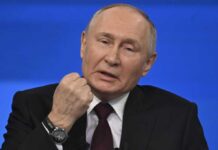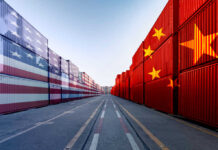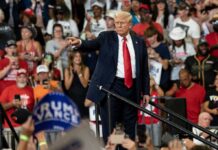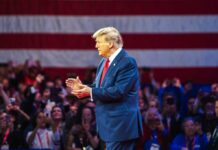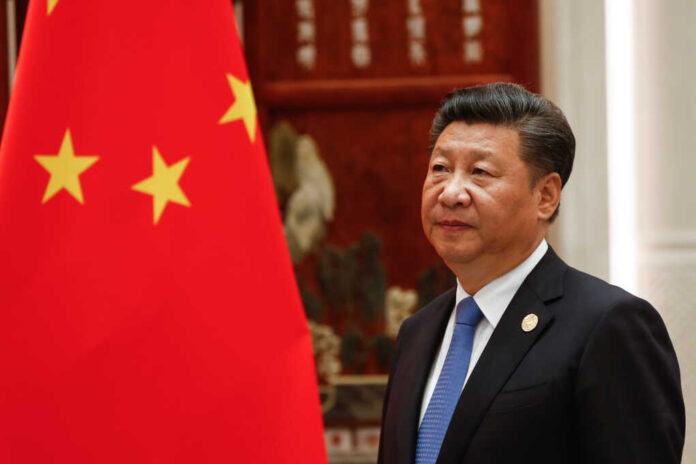
China’s strategic preparations for trade talks with the U.S. could reshuffle the entire global economic order—are we prepared for the aftermath?
At a Glance
- Top U.S. and Chinese officials set to meet in Switzerland for critical trade discussions.
- Xi Jinping unveils economic stability plans amid U.S. tariffs and global slowdowns.
- The U.S. raised tariffs, adding pressure to the escalating trade standoff.
- Both nations eye tariff reductions but remain hesitant to initiate changes.
China’s Economic Game Plan
Xi Jinping is steering the ship through turbulent waters, unveiling a strategy focused on fortifying China’s economy ahead of pivotal trade discussions with the U.S. By maintaining market confidence and strong financial infrastructure, China aims to safeguard its economic interests. This comes as global logistical slowdowns intensify pressures, evidenced by shrinking Chinese import numbers.
“China Blinked” – Trump’s Tariff War Pressures Xi To CAVE As China’s Economy TANKS
To counteract these challenges, emergency plans are on the table, along with macroeconomic policy enhancements aimed at stabilizing the ship amidst external shocks. With a struggling housing market and youth unemployment at play, Beijing’s efforts to foster economic stability are crucial.
Trade War Rages On
In a meeting set to take place in Switzerland, top U.S. officials such as Treasury Secretary Scott Bessent and U.S. Trade Representative Jamieson Greer will meet with Chinese counterparts, including He Lifeng, to address the trade standoff. The escalation that began with President Trump’s tariff hikes on Chinese imports to 145% has already taken its toll on both countries.
“This hints that China will be digging into the trenches and is preparing for a long trade fight with Trump.” – Wen-ti Sung
Both sides have a shared interest in reducing tariffs, yet a reluctance to make the first move dominates the conversation. Criticisms over unfair trade practices and the illicit fentanyl trade have added fuel to the fire.
Ripple Effects on Global Economics
As China formulates its plans to navigate this trade war, the world watches closely. Proposals that could transform international trade practices include macroeconomic policy upgrades, boosted business support, and potentially increasing housing stock. Hints of tariff exemptions for certain U.S. products, like semiconductors and medical equipment, also emerge, suggesting room for negotiations.
The decisions made in the coming days could either steady or disrupt international trade dynamics. As the United States and China continue to publicly offer conflicting narratives about the negotiations, the future of global economic relationships hangs in a delicate balance.




